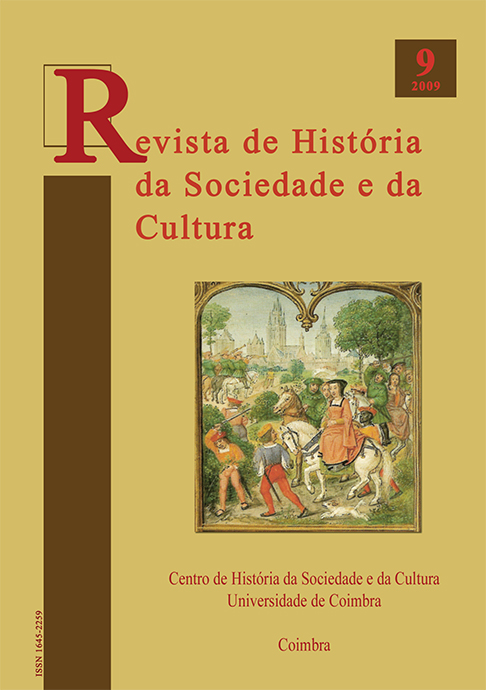O complexo totalizante simbólico: religião popular, xamanismo e psicanálise nos arquivos da Inquisição portuguesa
DOI:
https://doi.org/10.14195/1645-2259_9_3Keywords:
Popular religion, Inquisition, Lycanthropy, Shamanism, PsychoanalysisAbstract
This study envisages developing further the hypothesis introduced in the Phd dissertation O Auto dos místicos, which outlined the features of a dualist astral mythology, of shaman provenance, prevailing in Portuguese mythical imagery. This cosmic vision was based on a triadic dialectic movement, which applies to both the physical and metaphysical universe. Therefore, all aspects of life, particularly those concerned with the relations between the living and the dead, were materialised in symbolic figures. Such symbols, which were not peculiar to Portugal or even Europe, influenced behaviours, rituals and dreams, present in the culture and religiousness of the people, such as lycanthropy and trance. By disregarding or underestimating this, authors like Lévi-Strauss, Freud or Jung, who were linked to psychoanalysis and anthropology, adopted distorted or narrow views of such manifestations.
Downloads
Downloads
Published
Issue
Section
License

This work is licensed under a Creative Commons Attribution 4.0 International License.
Authors retain copyright and grant the journal right of first publication with the work simultaneously licensed under a Creative Commons Attribution License that allows sharing the work with recognition of authorship and initial publication in Antropologia Portuguesa journal.











